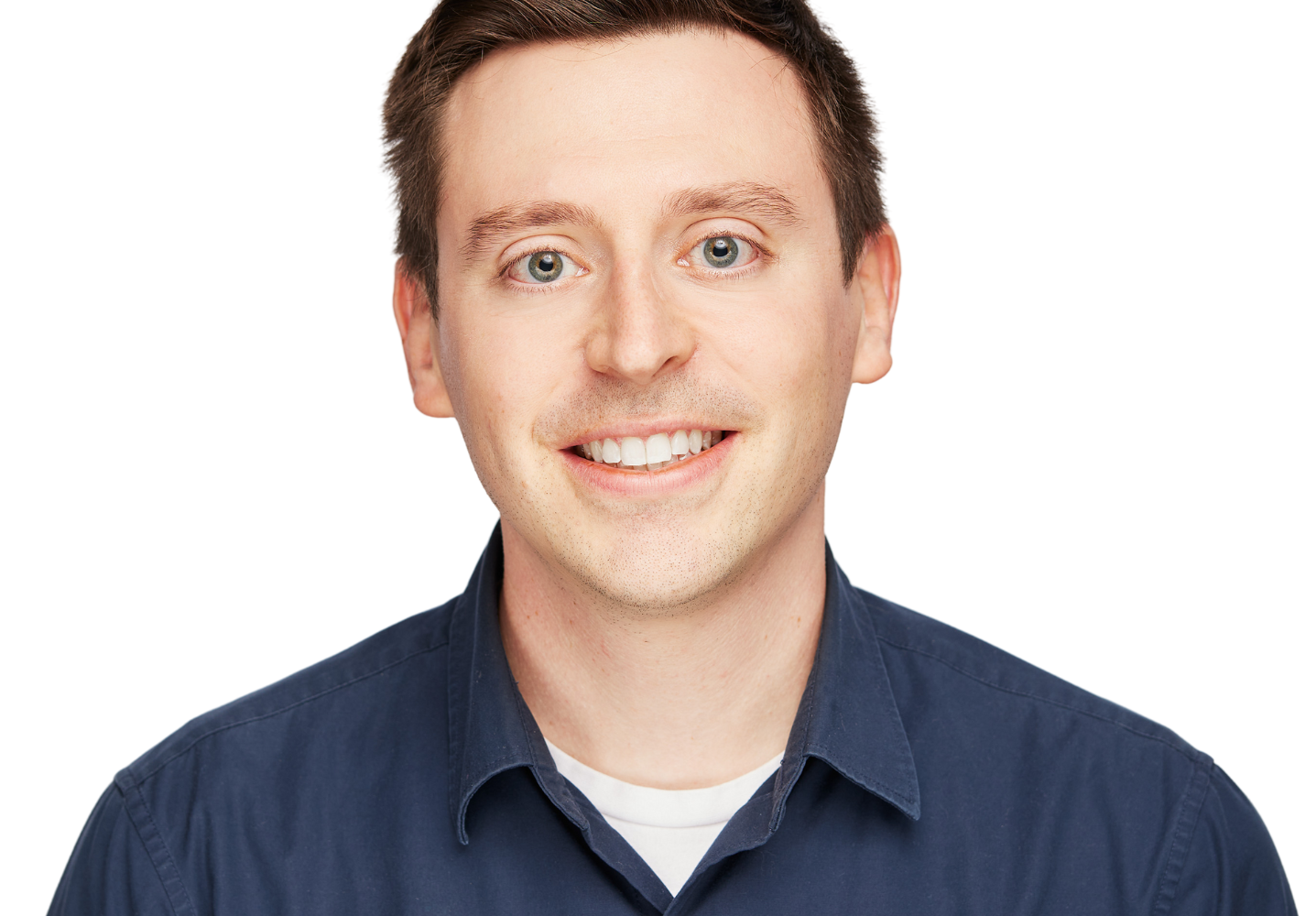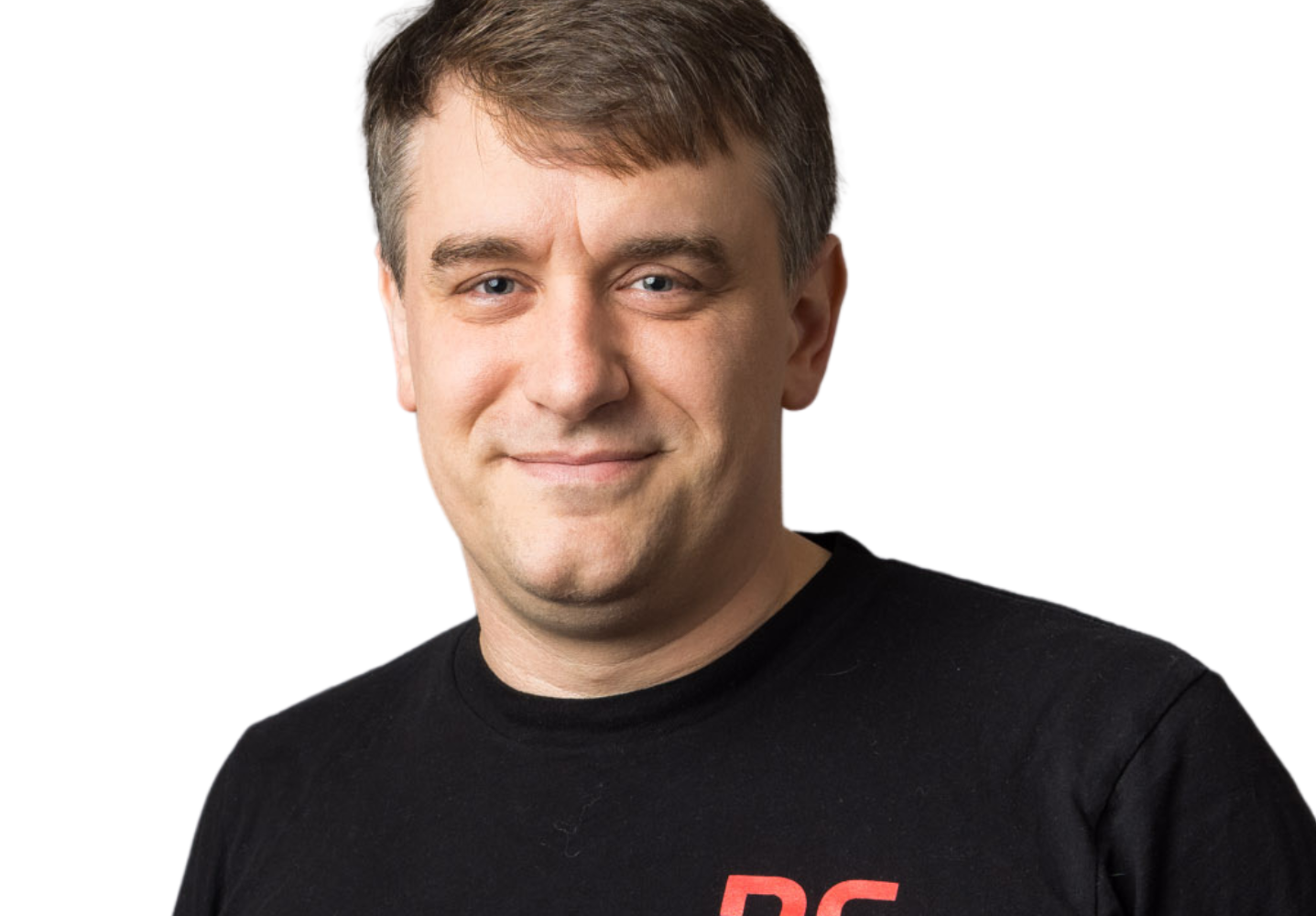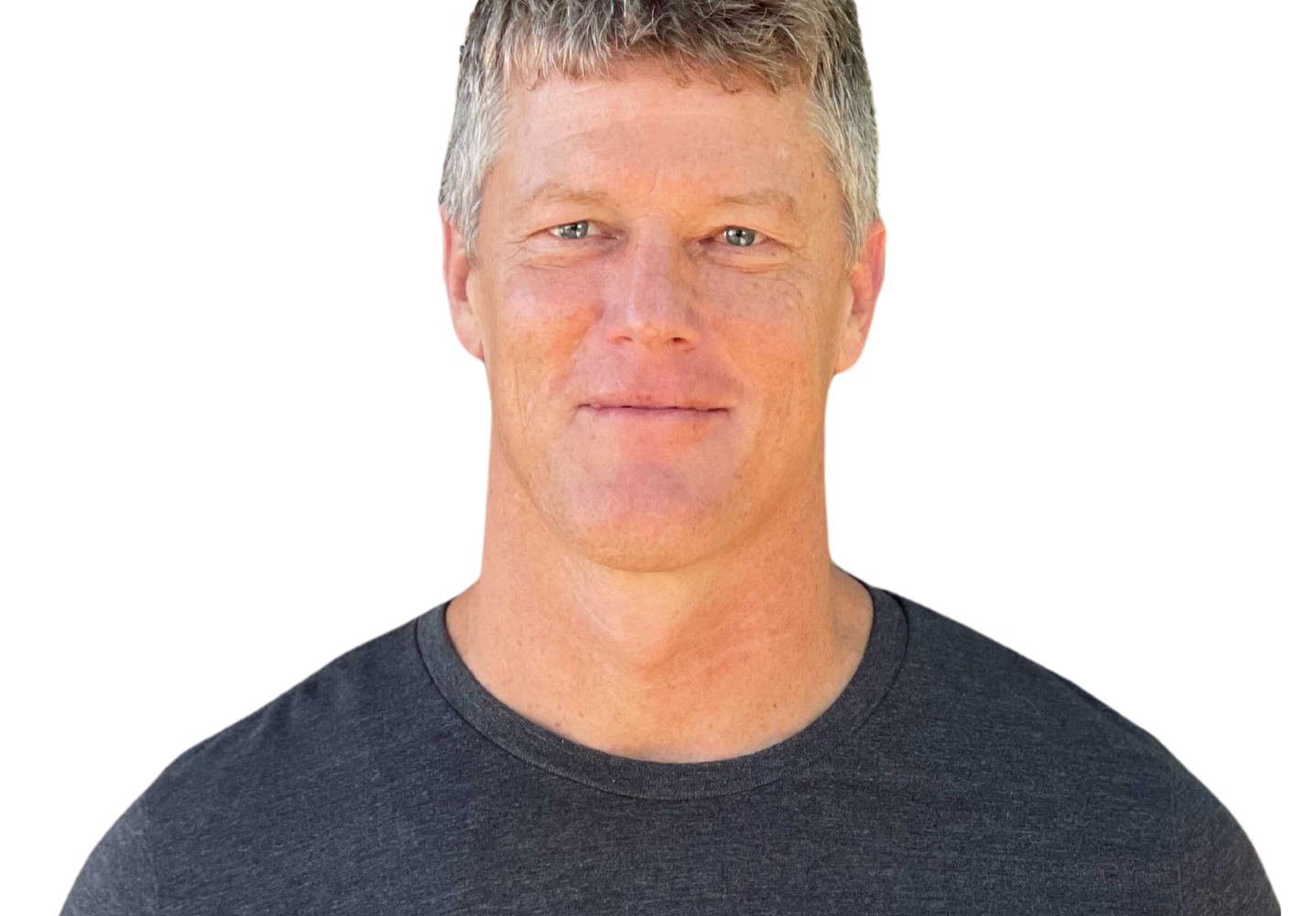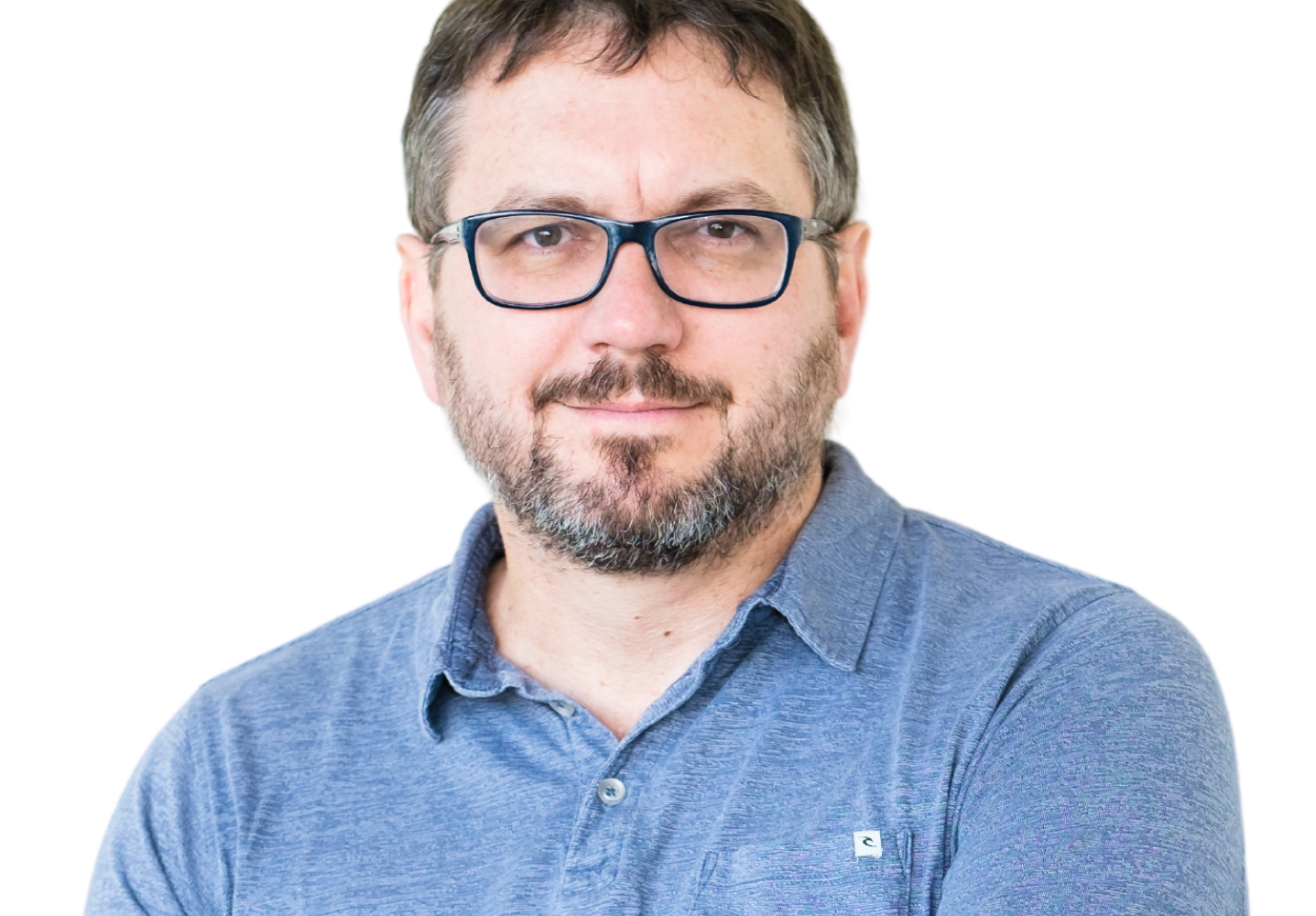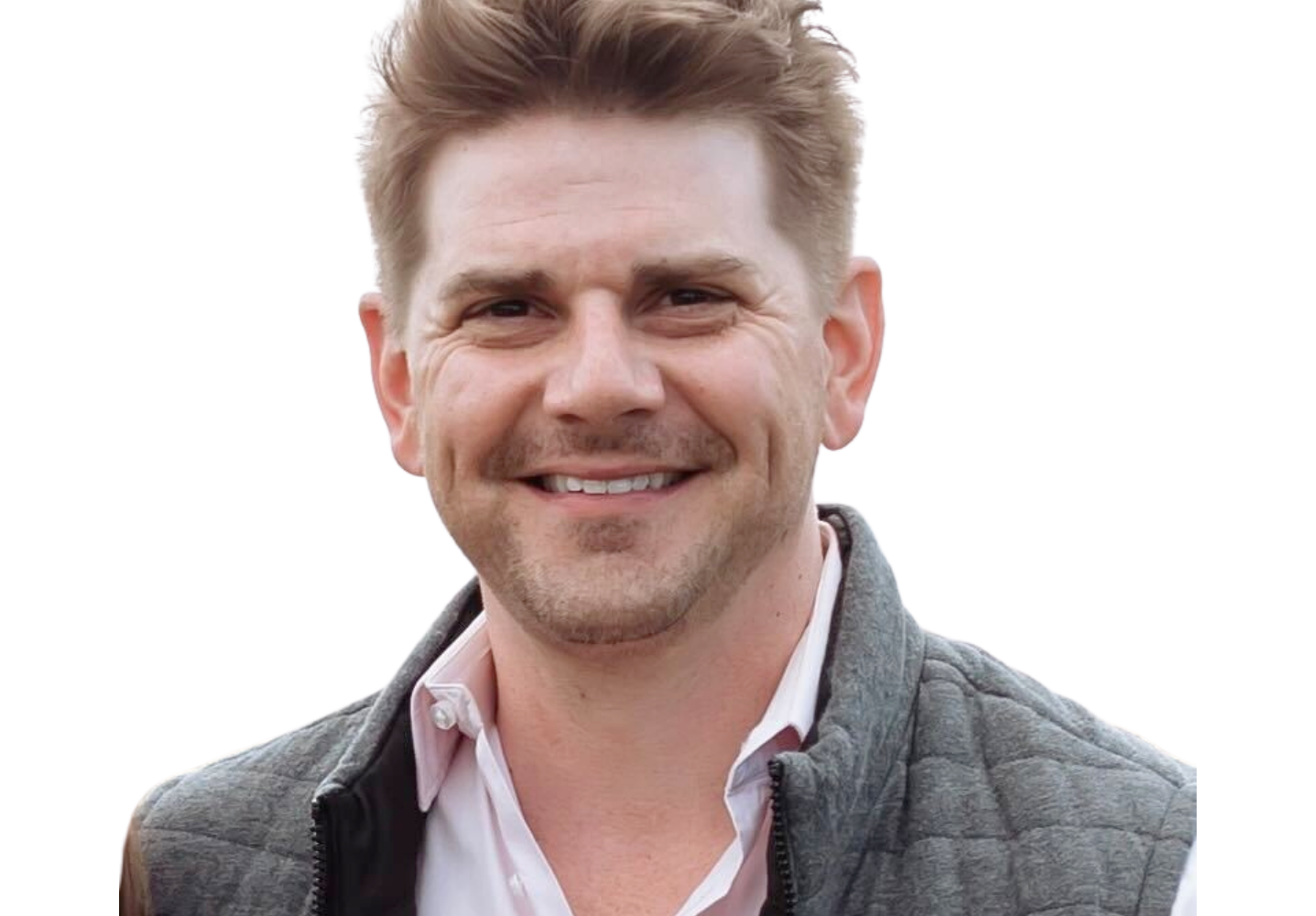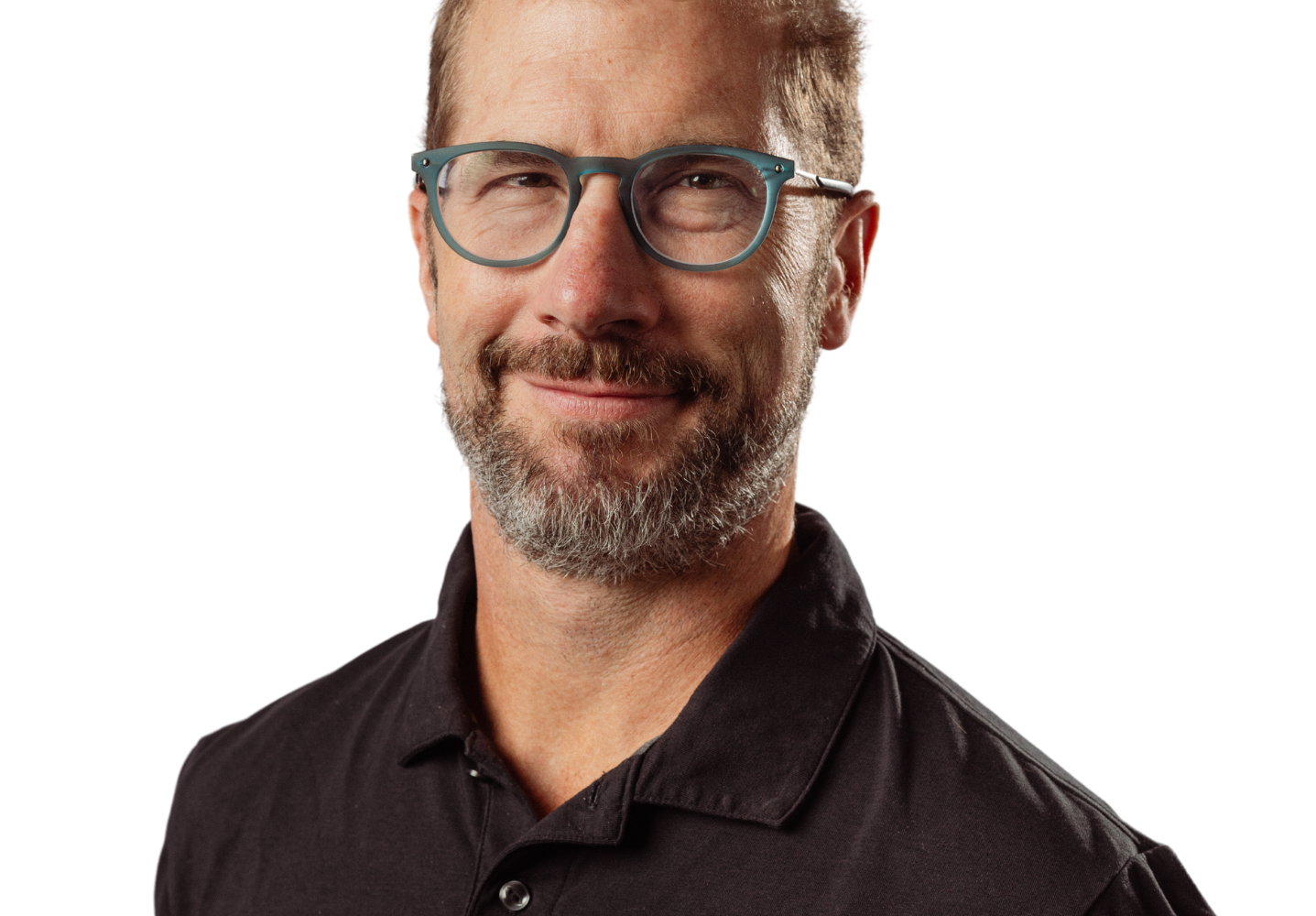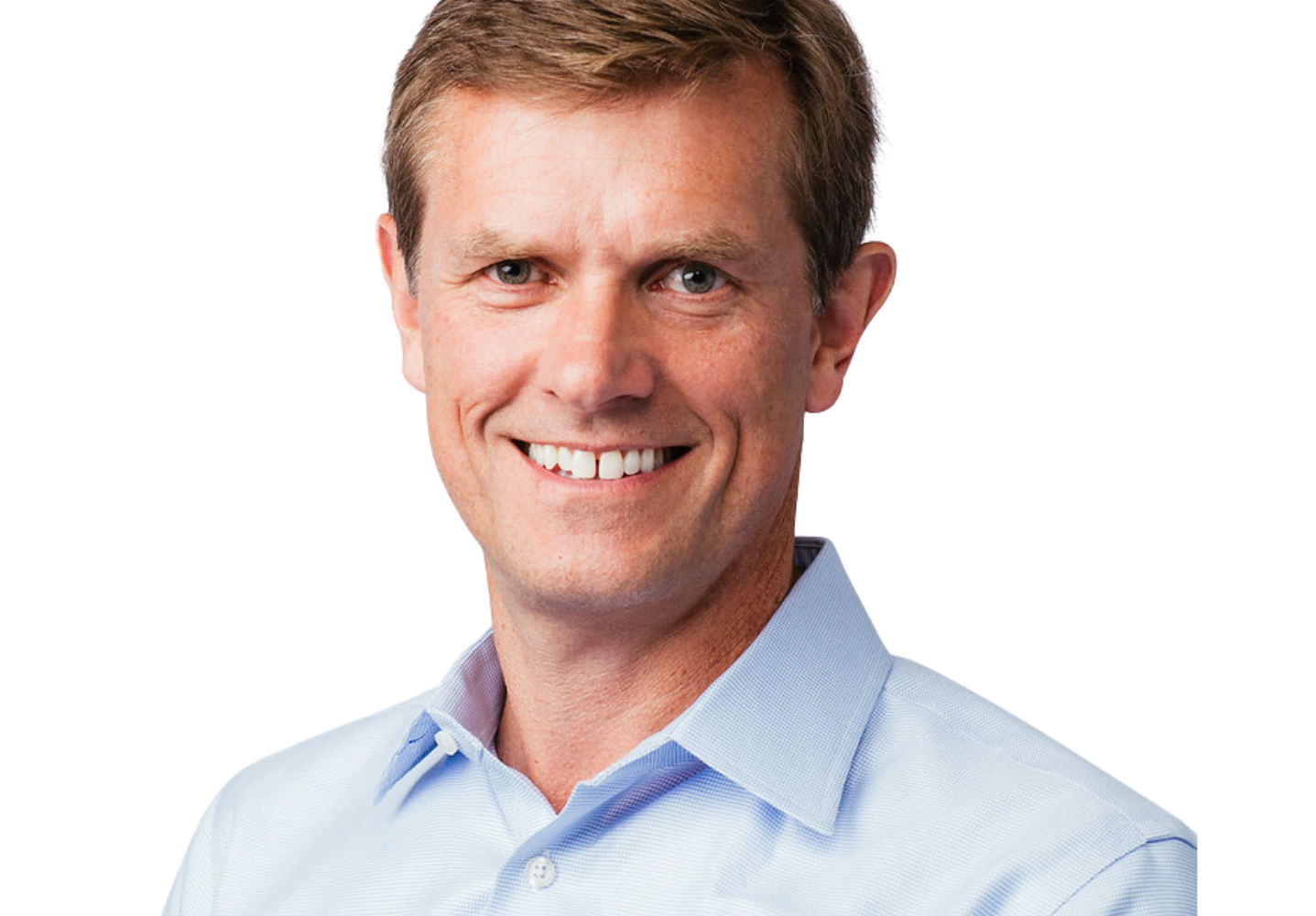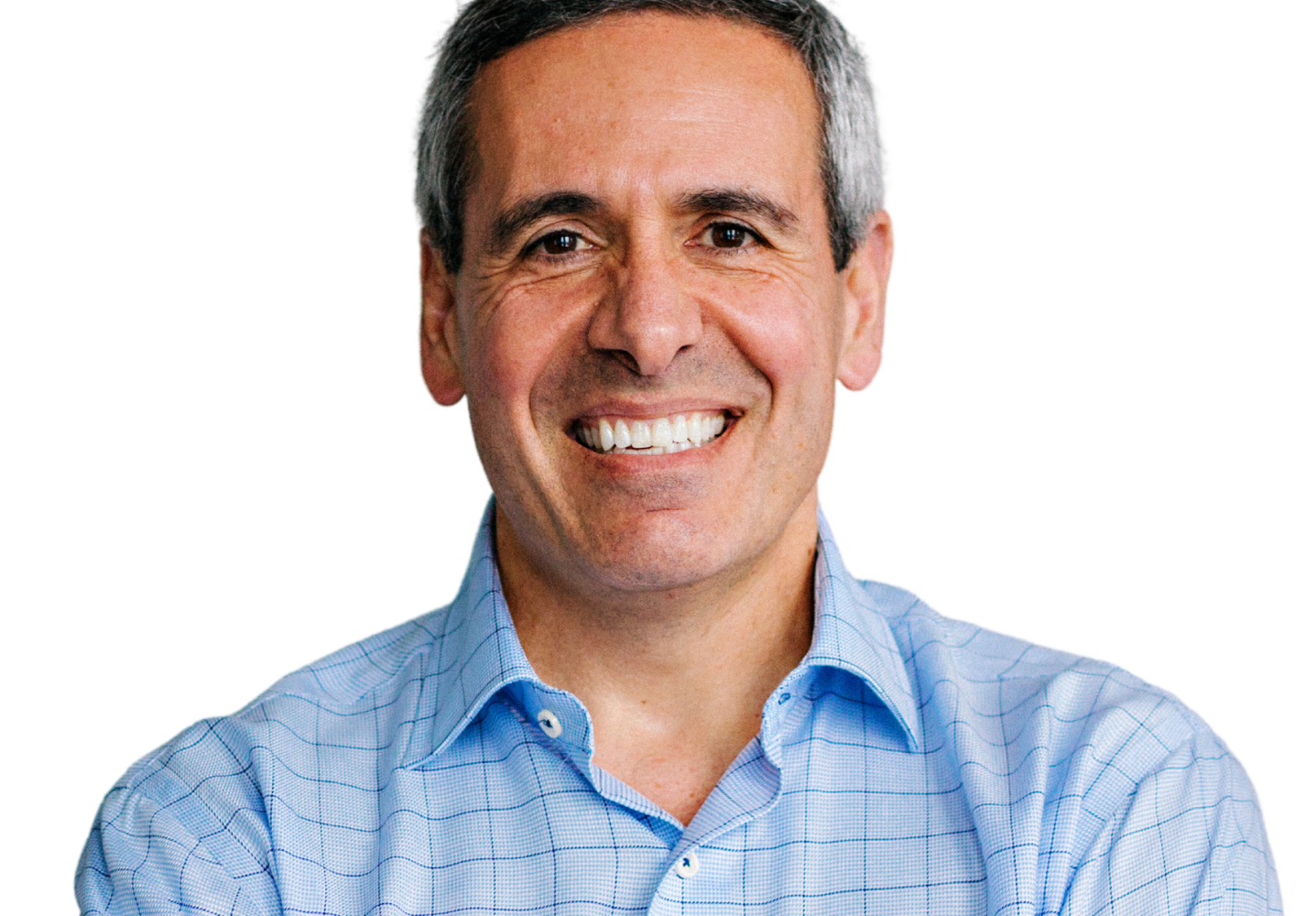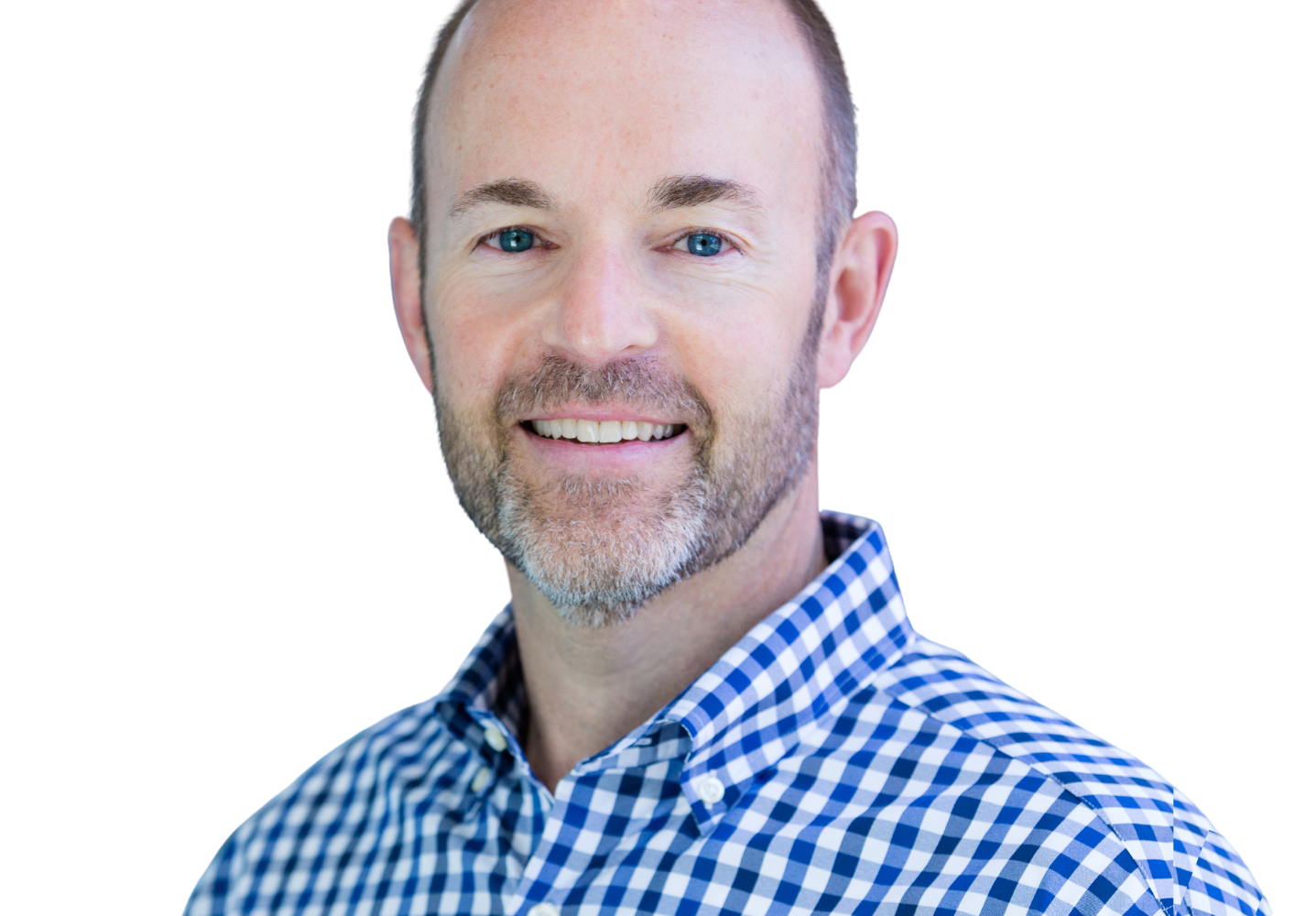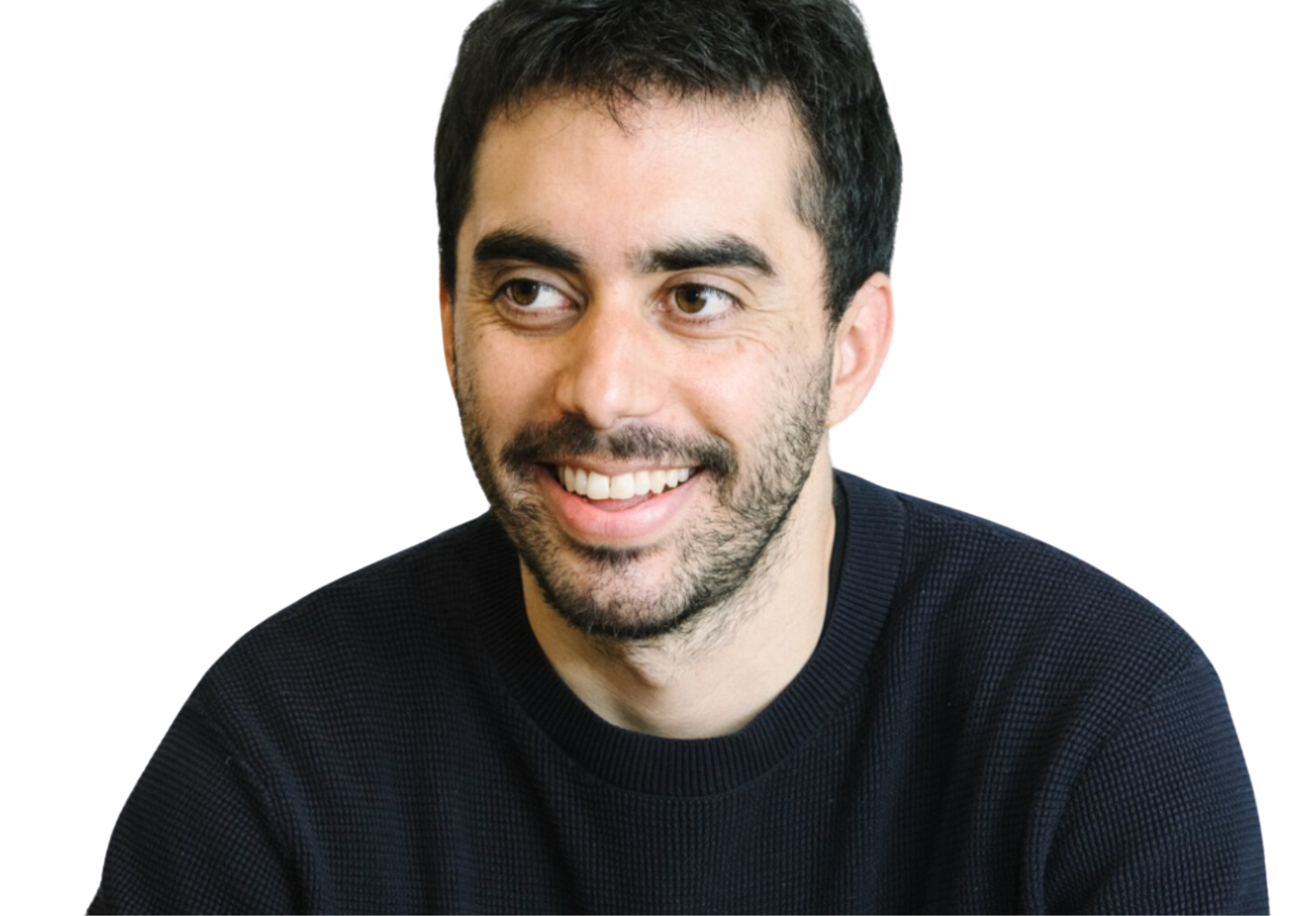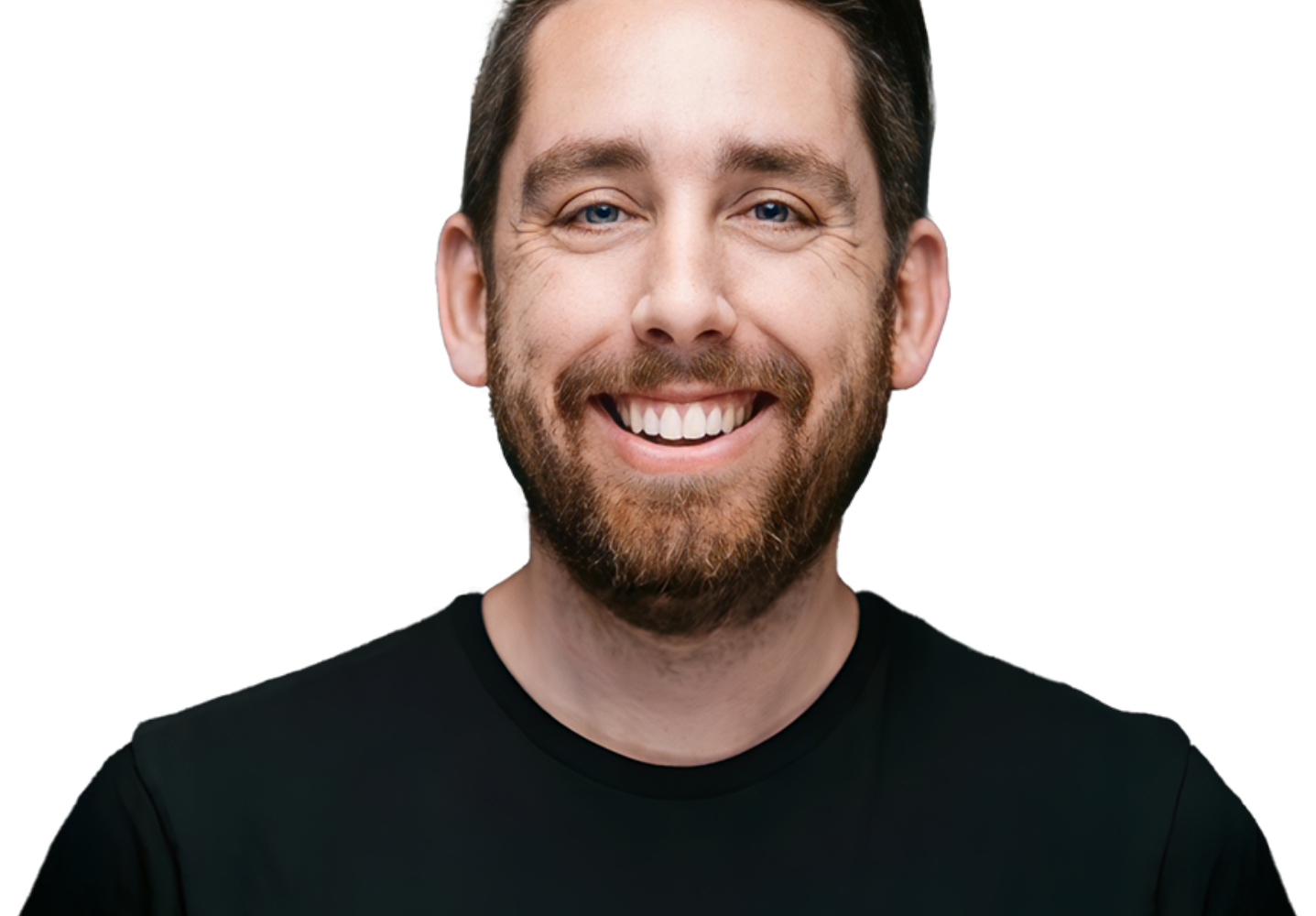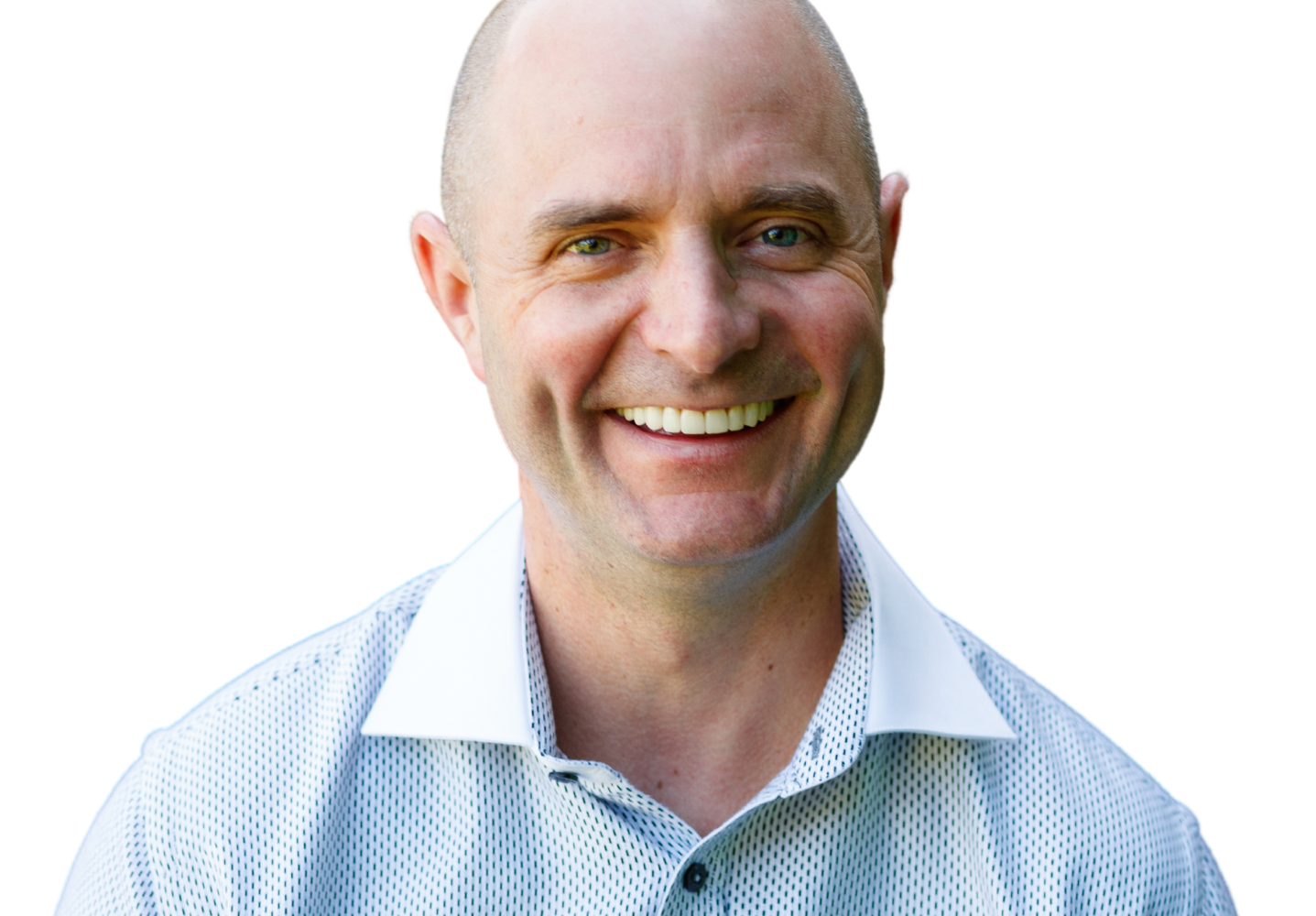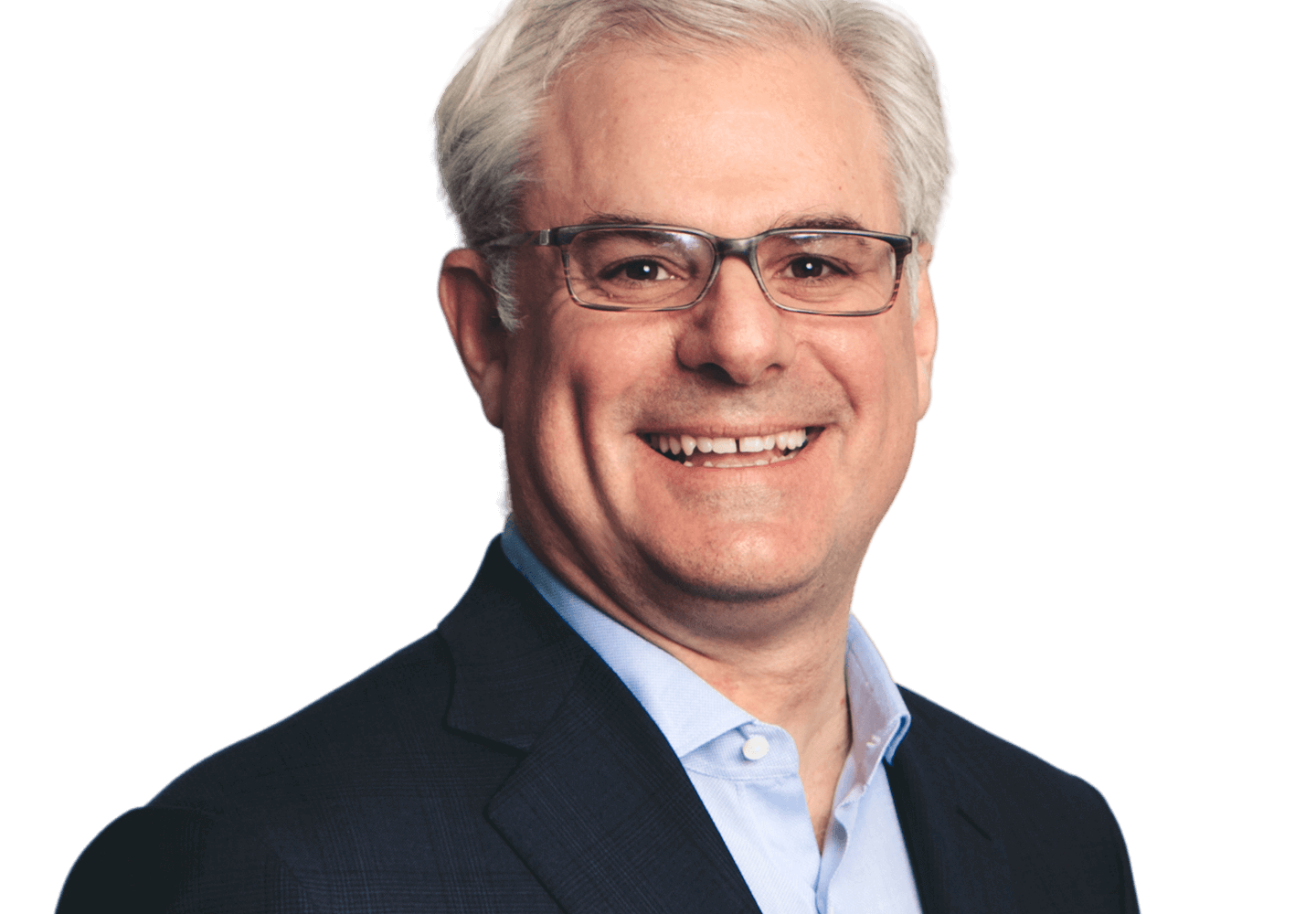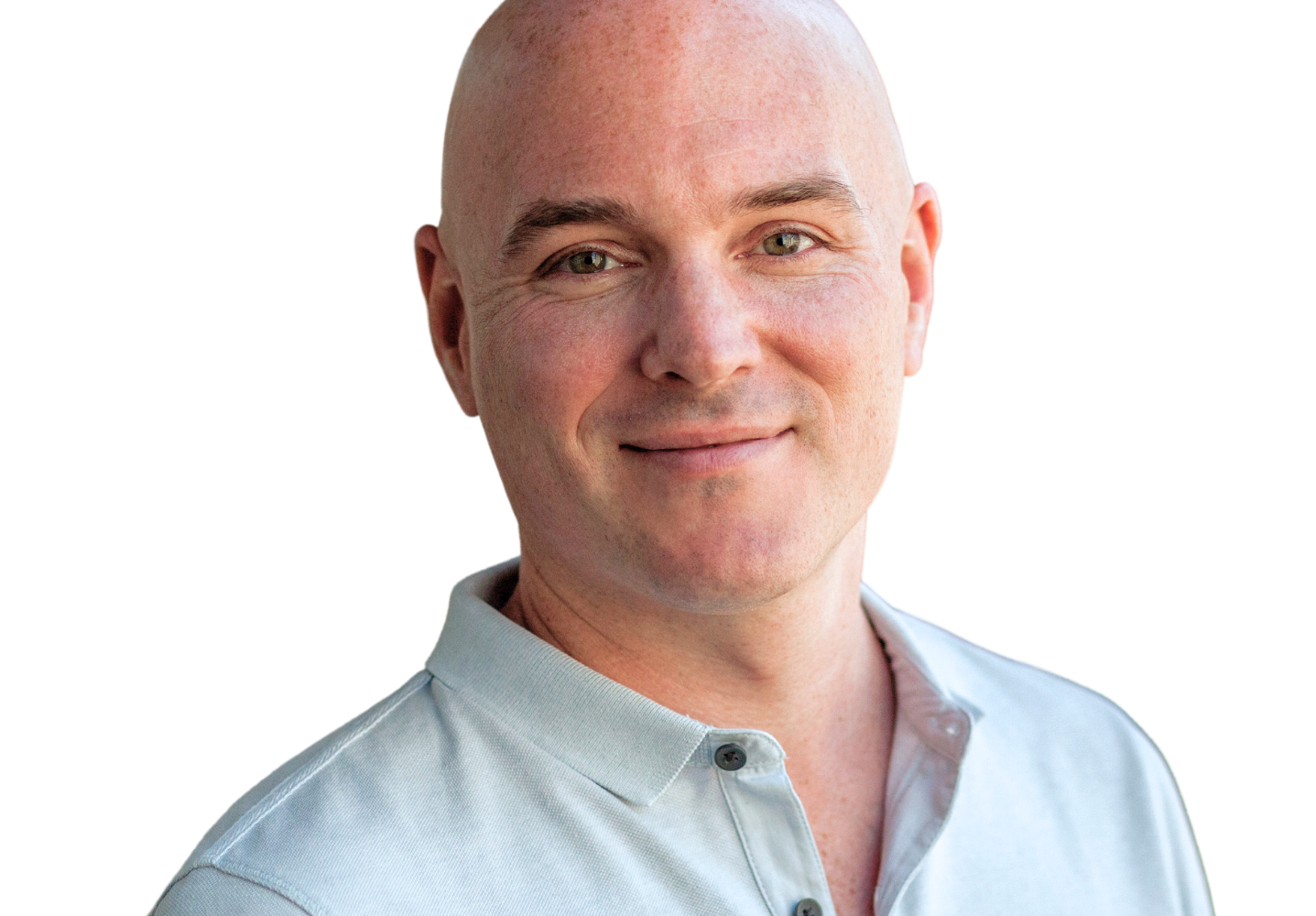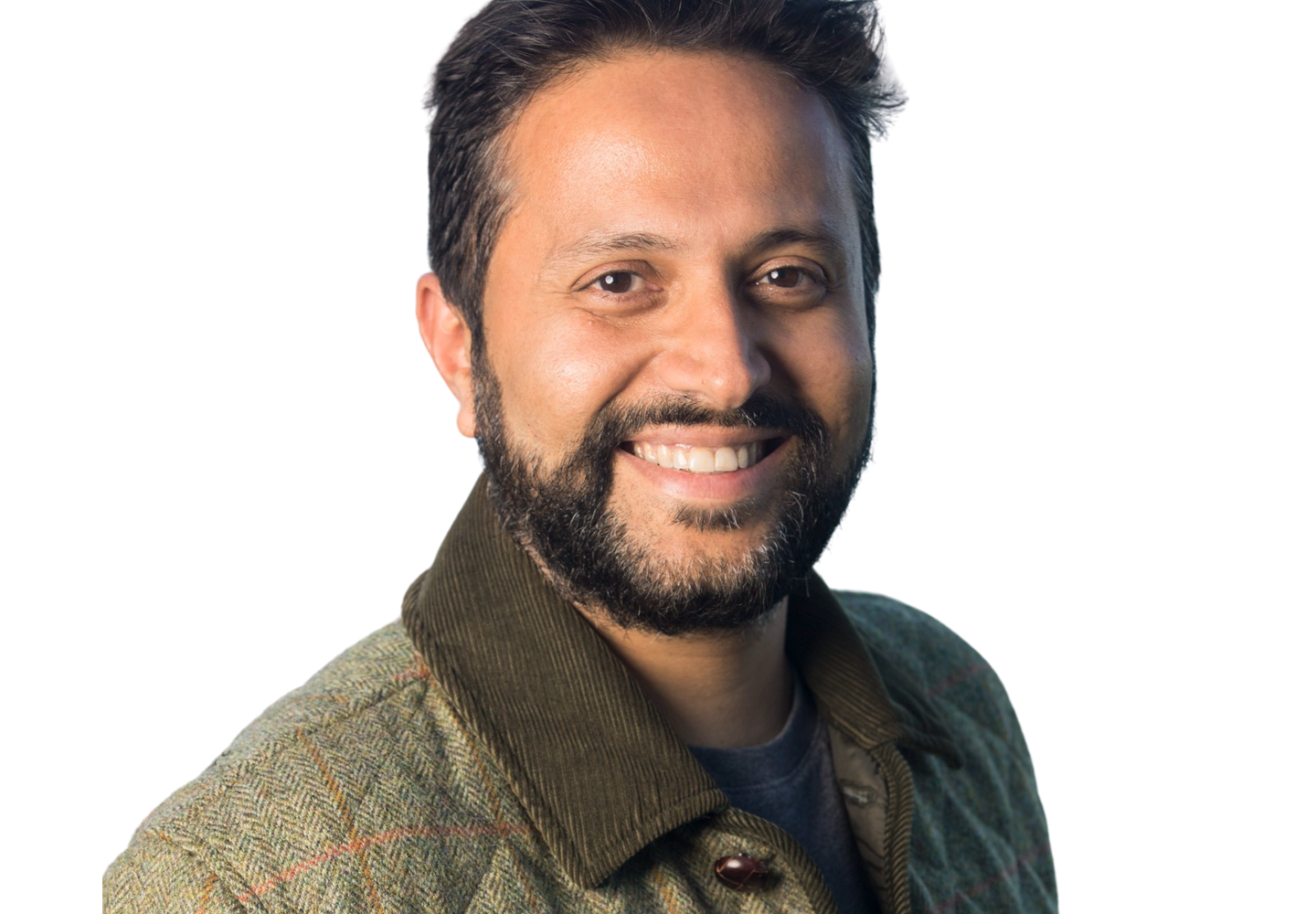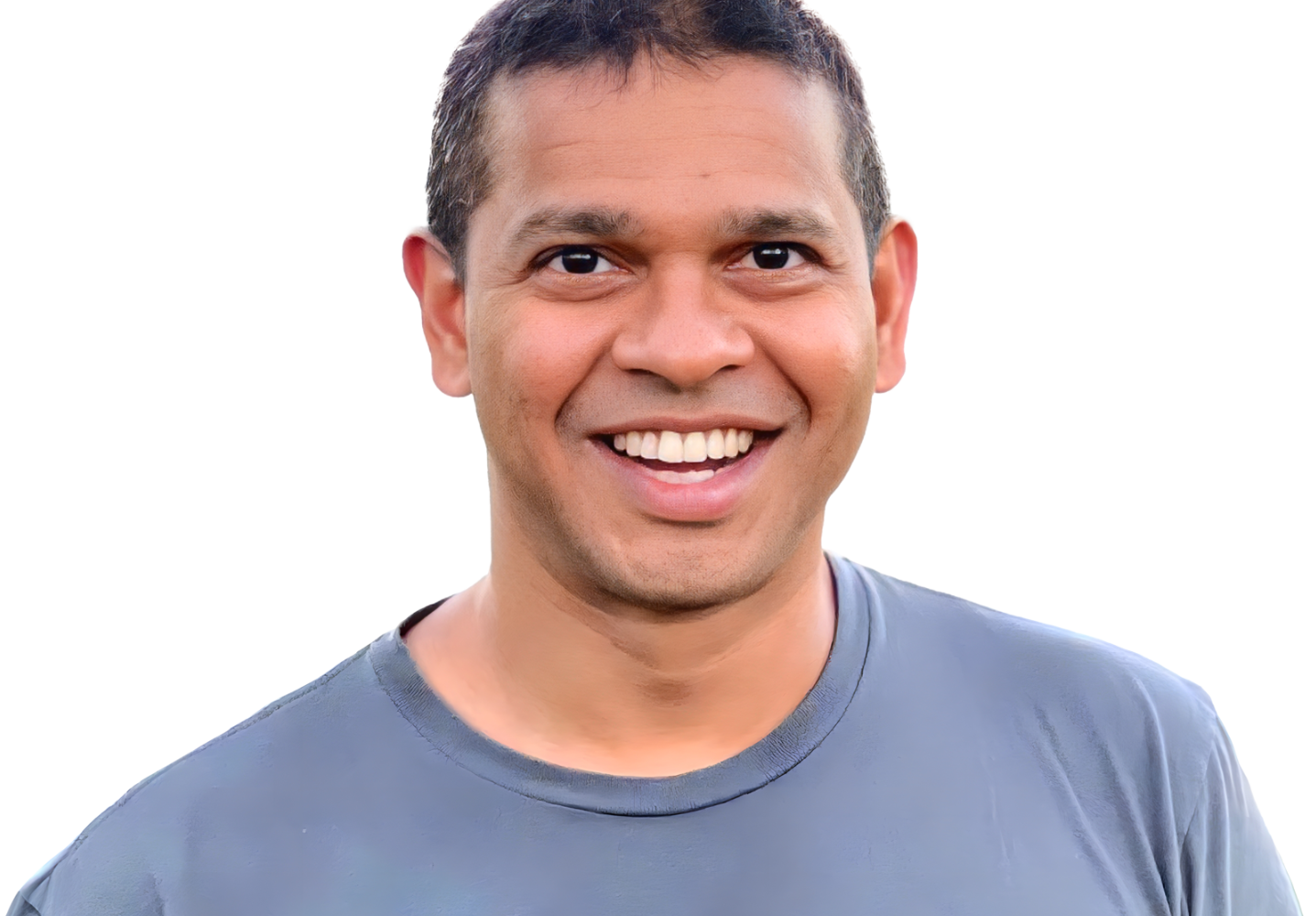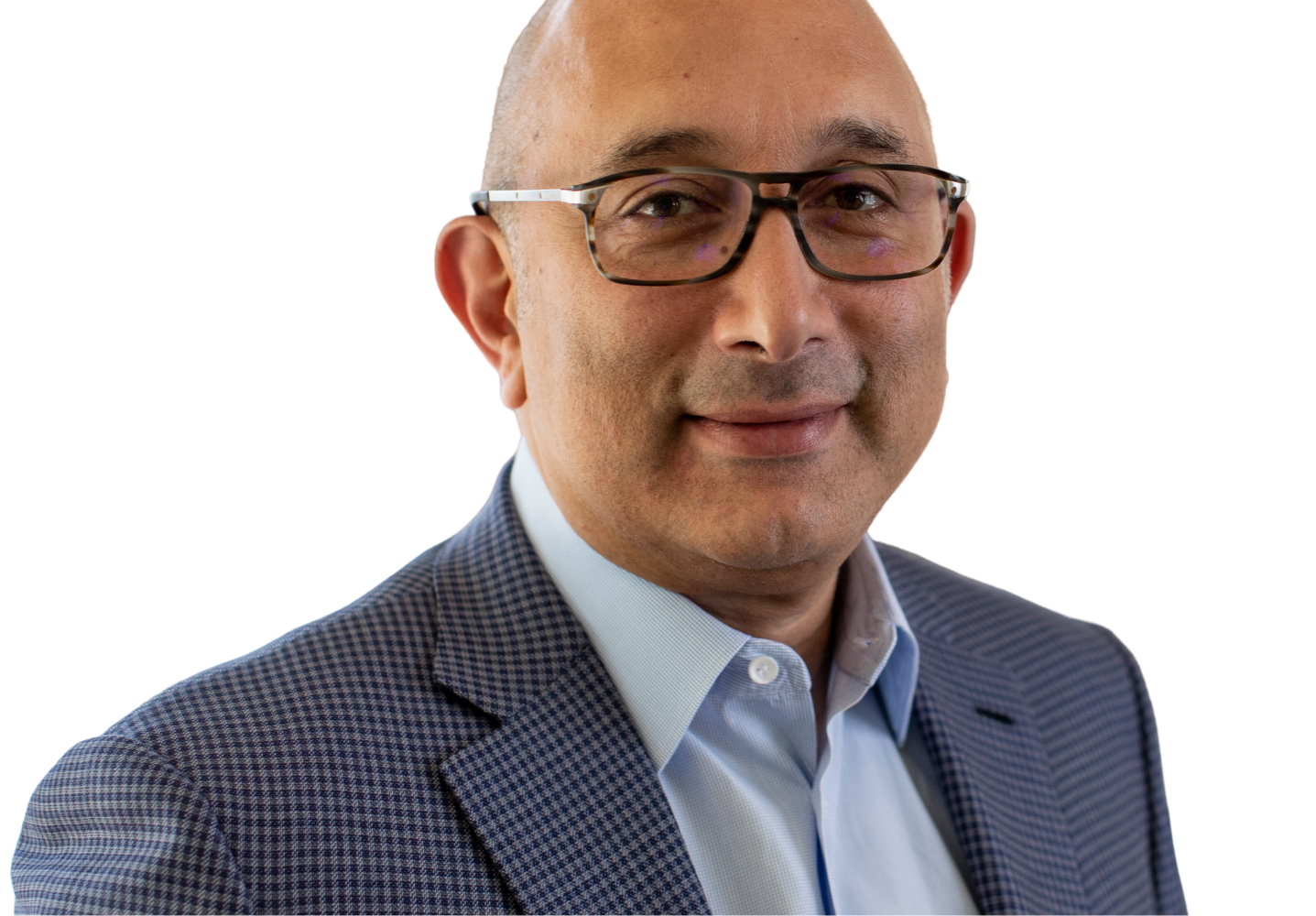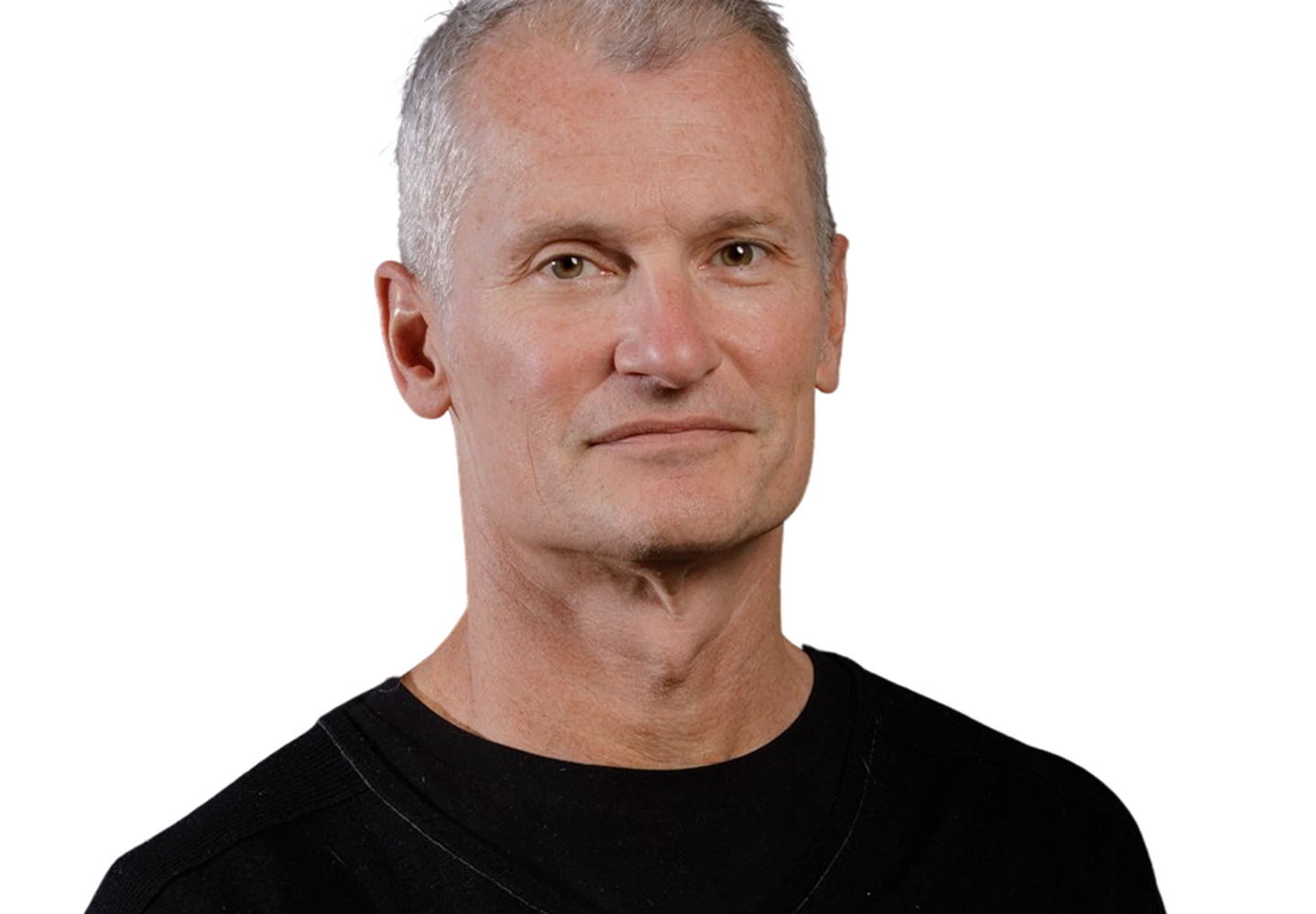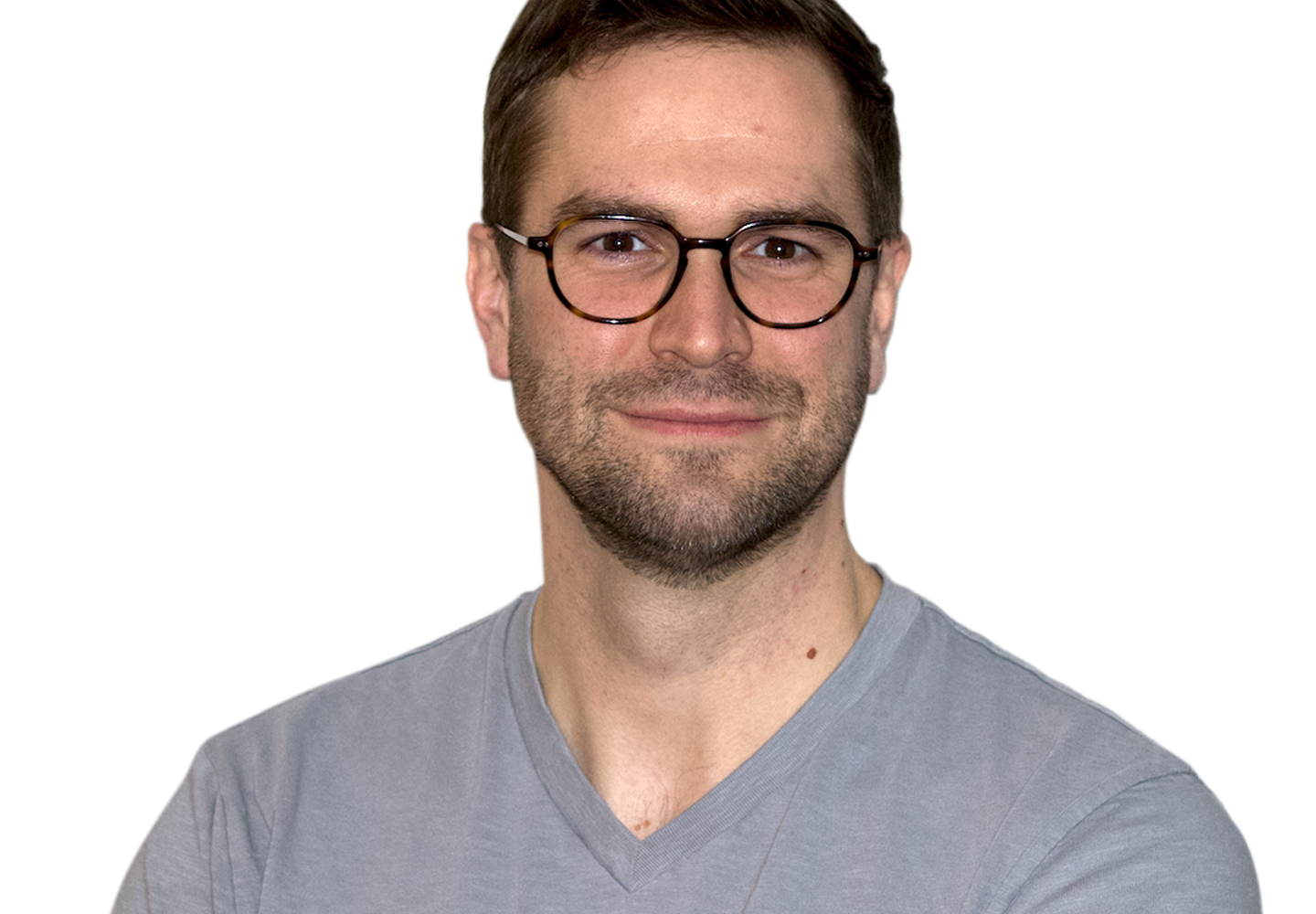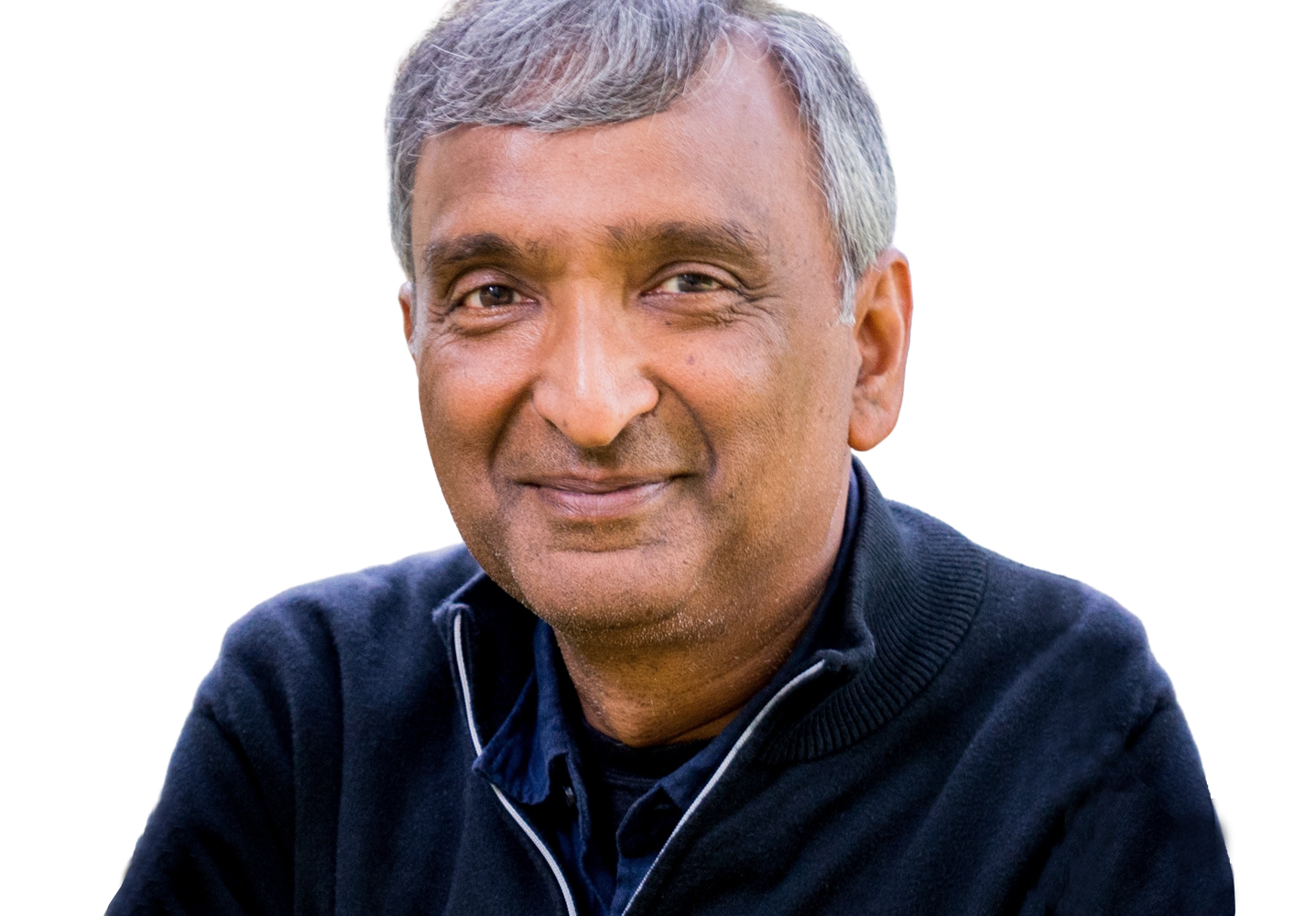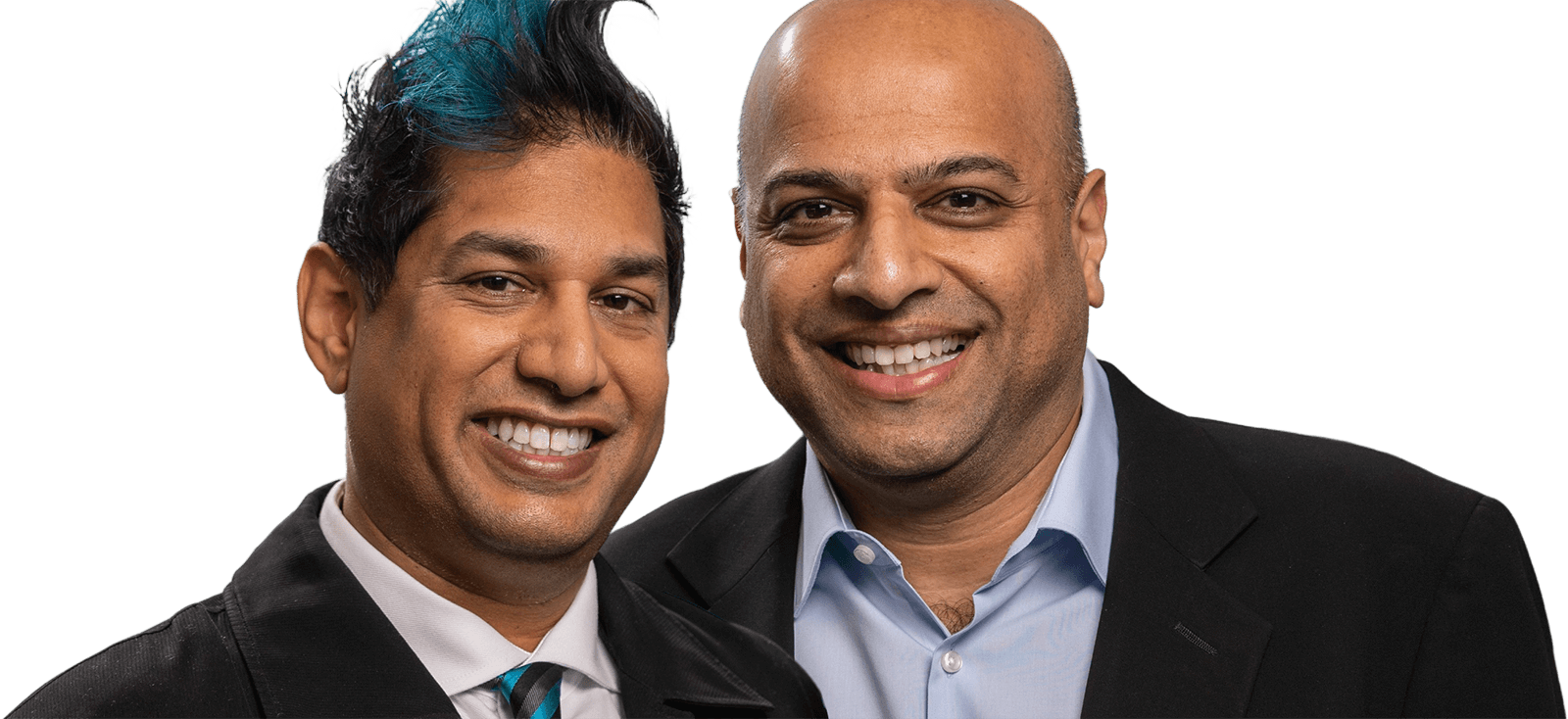What problem inspired the creation of Terray, and why were you the right person to tackle that?
My training is in organic chemistry, and nanomaterials. I spent the first decade of my career making molecules myself. I made some interesting molecules that were explored or commercialized in different industries, but as anyone who has made molecules will tell you – it was a slow, intuition-driver process. A chemist can make just about anything — eventually. But a human can really only make three to five compounds a week. That means, over the totality of humanity making molecules, the data set of molecules interacting with proteins — or causes of disease — is small and very slow to add to. Especially relative to data sets like digital photography or gene sequencing that have led to impactful AI models like Dall-E or AlphaFold.
As I personally made molecules throughout my training, the rise of AI/ML models was there, but it wasn’t being applied to chemistry because there was never enough data. So, the need was really clear to me: How could you generate enough chemistry data fast enough and with enough precision so that you could take advantage of all these modern computational tools to produce more effective drugs faster?
That is what we set out to do with Terray. I think my background was vital — I had experience with organic chemistry, which is the key end goal — you’ve got to make the molecules — but I also have a background in nanomaterials and miniaturization, which is the key to getting chemistry data to the size, speed, and throughput necessary to utilize AI. At Terray, we moved from chemists working in vials and flasks to utilizing miniature microwells that are one one-hundredth the size of a human hair. This miniaturization addresses the key data gap we’ve faced for decades. Myself, my co-founders, and the amazing team we’ve pulled together have built everything to plug into AI/ML because the goal was always to build data to enable the computational platform — together, we’re changing small molecule discovery.
It was wonderful to find Madrona out there because we spent a lot of time on calls trying to explain why the data mattered. But Madrona knew.
What is it like to work with Madrona?
I’m not going to lie; the first time someone suggested I meet with Madrona, I thought — they invested in Amazon, and they love Seattle companies. We’re in Los Angeles, and we make molecules; why should we set up an intro? However, the person making the recommendation explained that Madrona had the same vision and that I needed to chat with them. I’m glad I did.
One thing that made Madrona so different was that they focused on the idea that unlocking new data streams enables revolutionary compute and that those two things go together — and that’s what changes industries. The answer is not just throwing compute at something without changing the underpinning types of data and what you can do with it. Madrona was advocating for what we also believed to be true, which is that hardware innovation leads to data revolution, which leads to AI transformation. They were about three years ahead of most of the world there. Now, more people joined the party, but it was wonderful to find Madrona out there because we spent a lot of time on calls trying to explain why the data mattered. But Madrona knew.
Tell us about a Madrona Moment.
There have been quite a few. My number one life rule is to only work with people I want to work with, And Madrona stood out in that area and delivered. Everyone’s been thoughtful. Everyone’s had the business’s best interest in mind from the get-go. And they’ve had the conviction to build something wonderful and big. That’s always what every founder wants in an investor. Madrona is not looking to flip a company quickly. They’re looking to build something incredible that’s a generational change.
The thing with Madrona is that I don’t just work with our investors — Matt and Chris — I get the whole team, and the whole team gets the vision. We recently got to work closely with Erika, who runs communications. She helped us get a massive story published in The New York Times. She flew to LA, guided us, and stayed in touch with the reporter for over six months. She made it happen, and we’re enormously grateful. Madrona feels like a team that you are a part of, and that’s been huge for us.
What have you learned about yourself during this process?
I learned that I like all the workflows that come with being the CEO of a growing company, ramping up fast, and doing totally new stuff. I am a scientist by background. I will always love the science. And if there’s one thing that can get me derailed down a rabbit hole, it’s a cool piece of data that I want to investigate. But I’ve also learned I’m just as passionate about the people side of running Terray — building great teams and making them work as well as they can. I’m super proud of the team and the culture we’ve built. And I’m every bit as fired up walking around seeing people and what they’re doing as I am seeing the data. I always knew I loved new problems and new, interesting challenges. But I’ve really learned that that’s part of the joy of a startup. It changes all the time. It’s always getting bigger. There’s always more to do. There’s always a new challenge — managing 20 people is really different than 10, and 50 is different than 20. And 100 is different than 50. I have really liked it. It’s always exciting. It’s always rewarding.
What is the most important lesson you have learned during your startup journey?
I have three. First — it is never too early to hire expert leaders. It’s almost never worth saving the money by planning that hire out further. You often think you can do it yourself for another six months, and then you’ll get this leader in. Obviously, if you absolutely don’t have the money, then that is what it is. But, if you can, you should. It’s transformational to have those types of leaders in place and to see what they can do. Where you were good or were even great — they’ll be amazing.
Second — industrializing and productizing science always takes longer than you think. Even when you think you have a product, you’re probably still a few years away from your actual product. Everyone told me that, and they were right.
Third — conviction is key. You have to see your bets through. If you pivot too often or are too sensitive to external stimuli, you go nowhere. All of our big wins have come from sticking to what we knew was right and getting it where we wanted to go.


